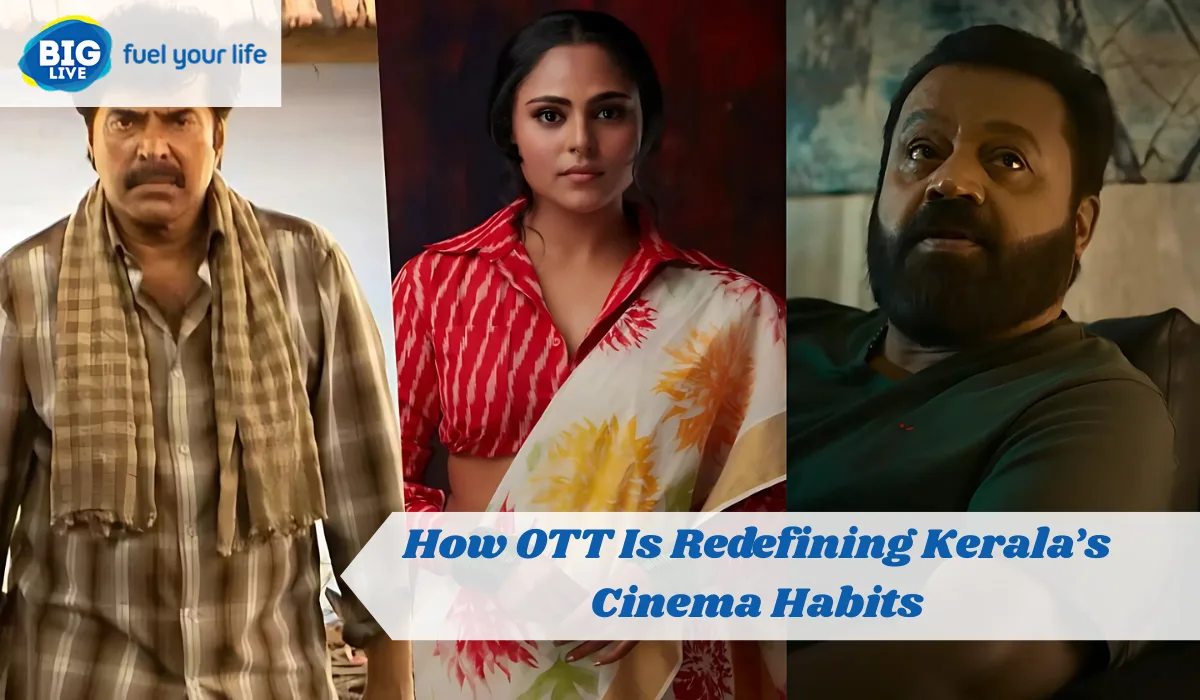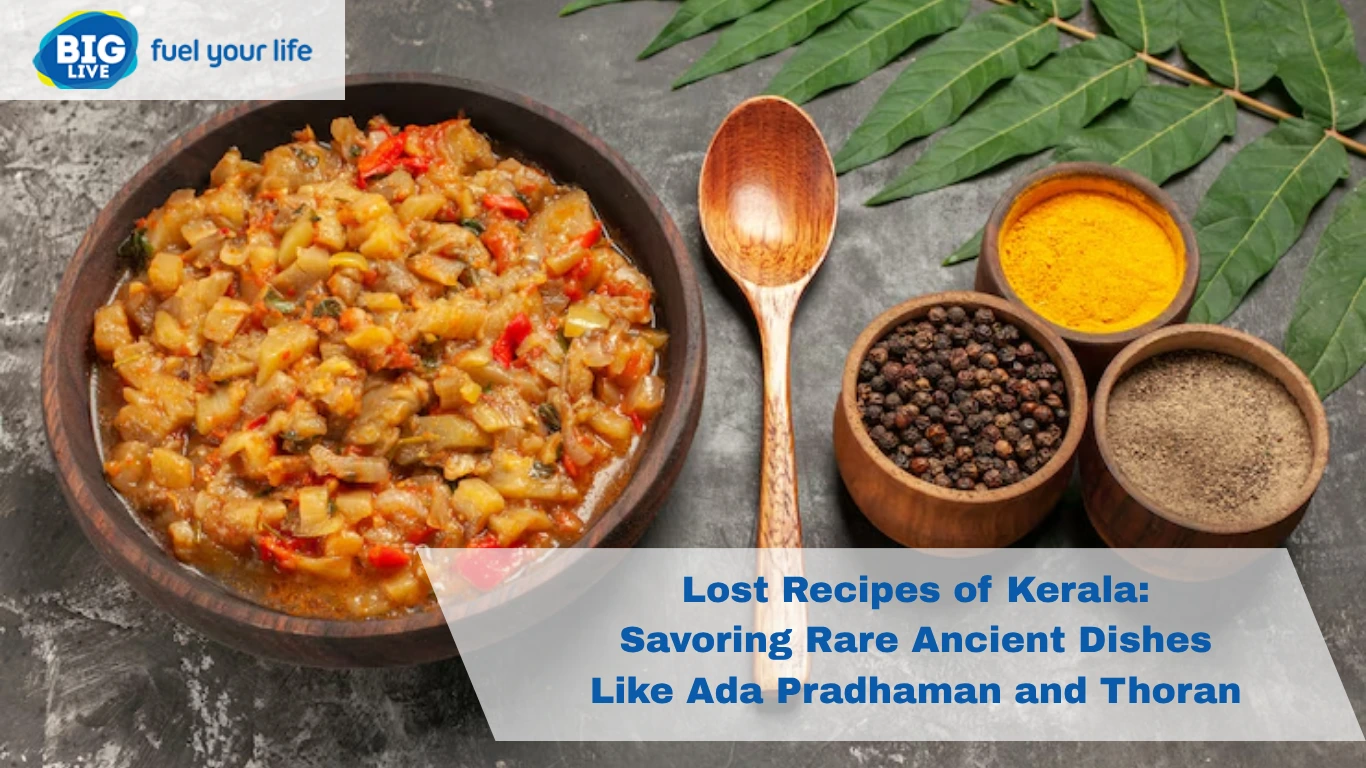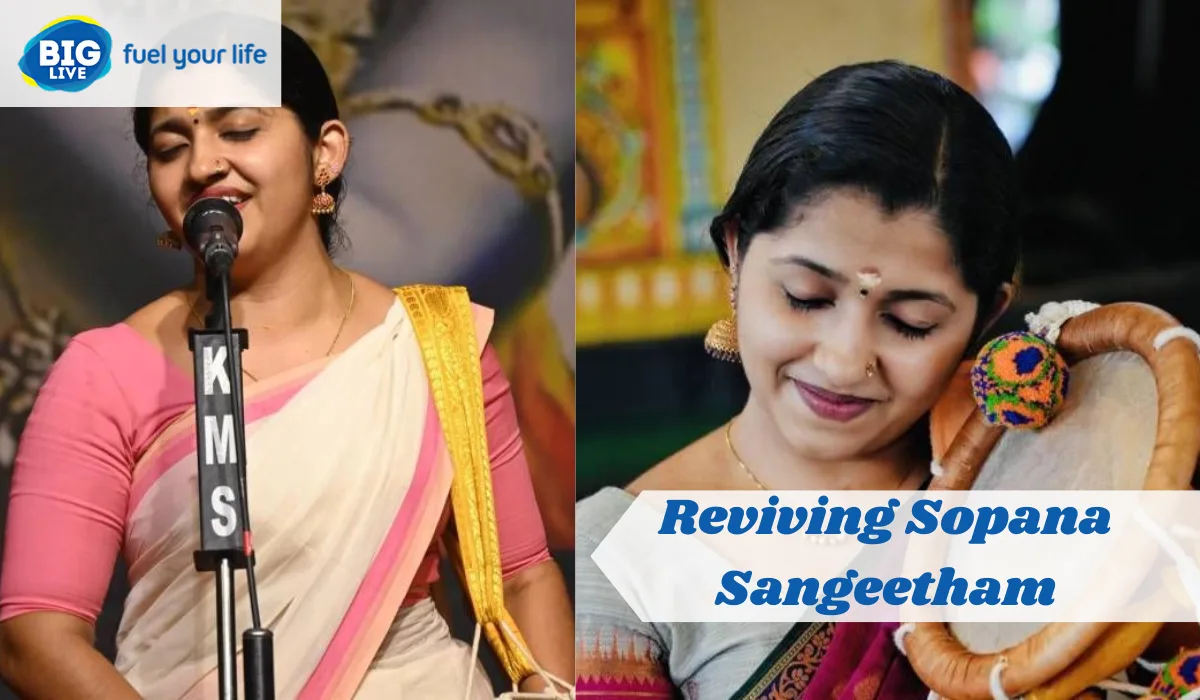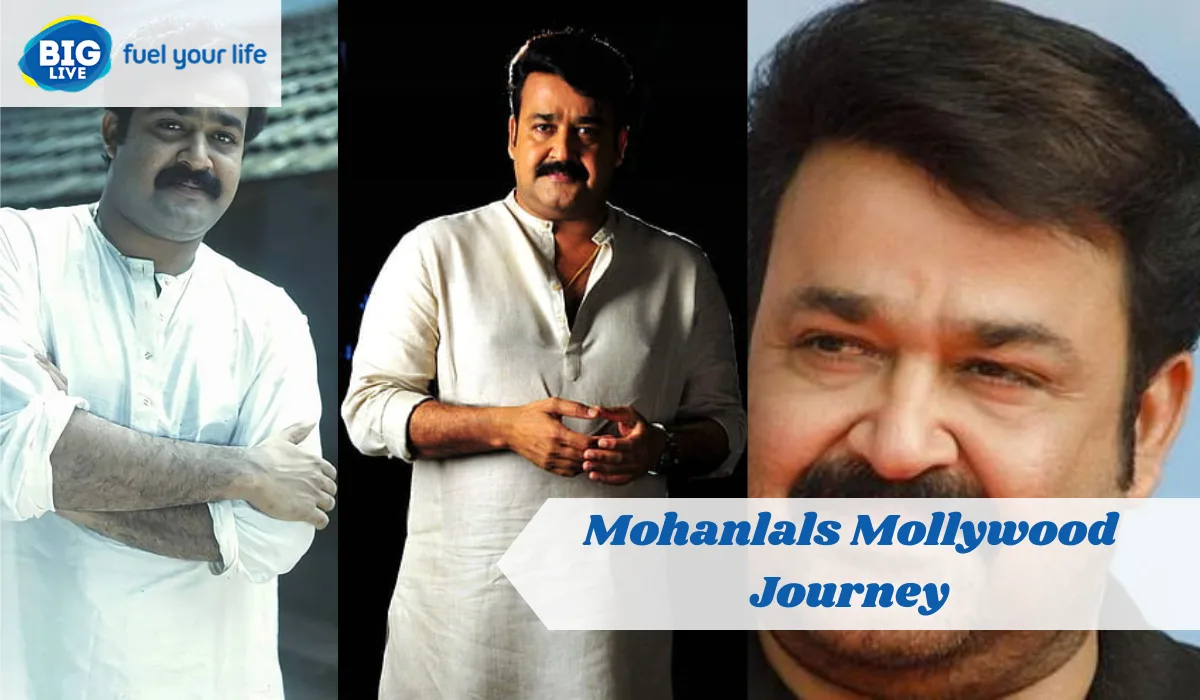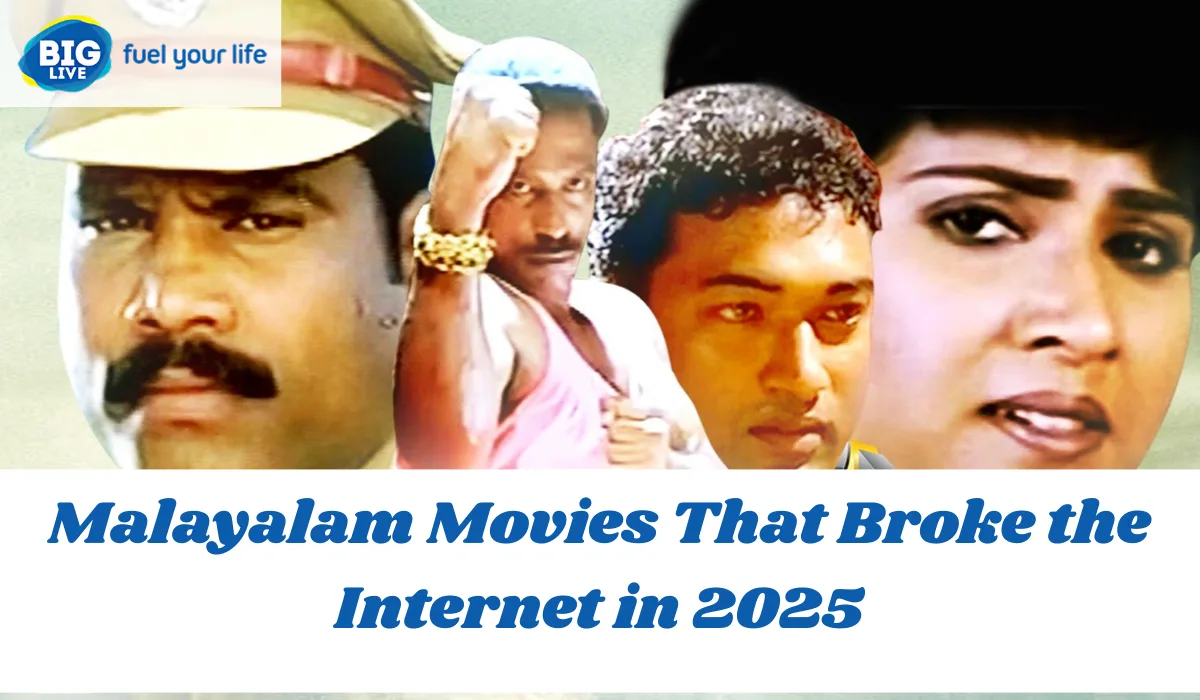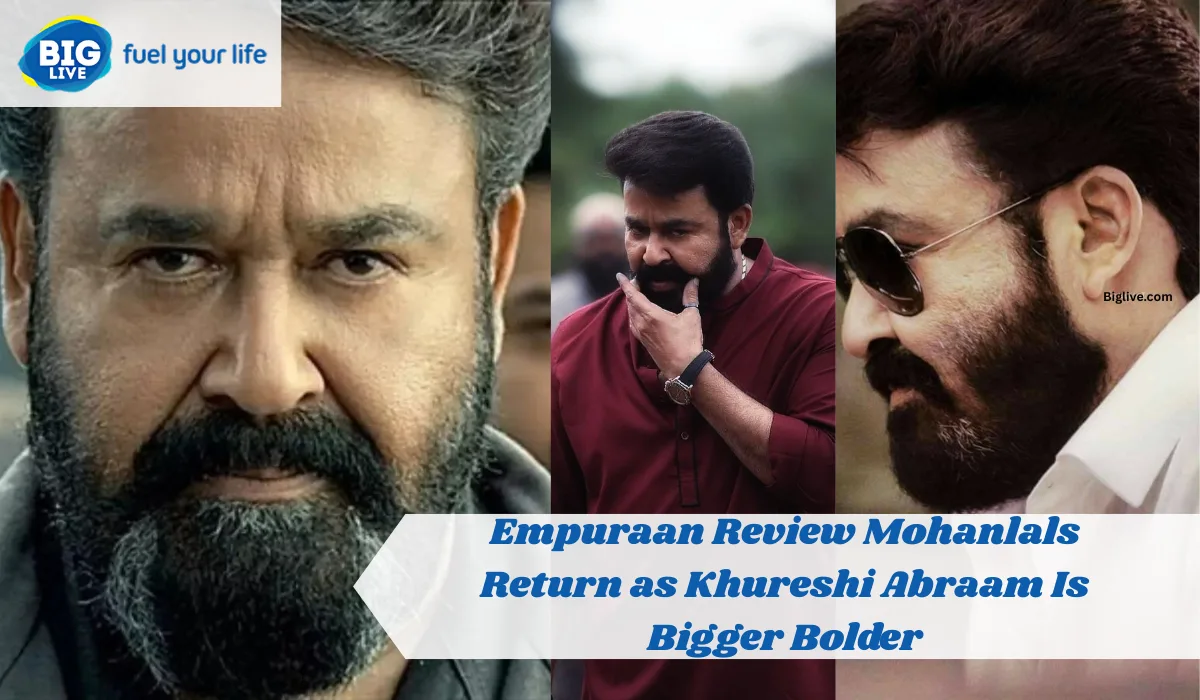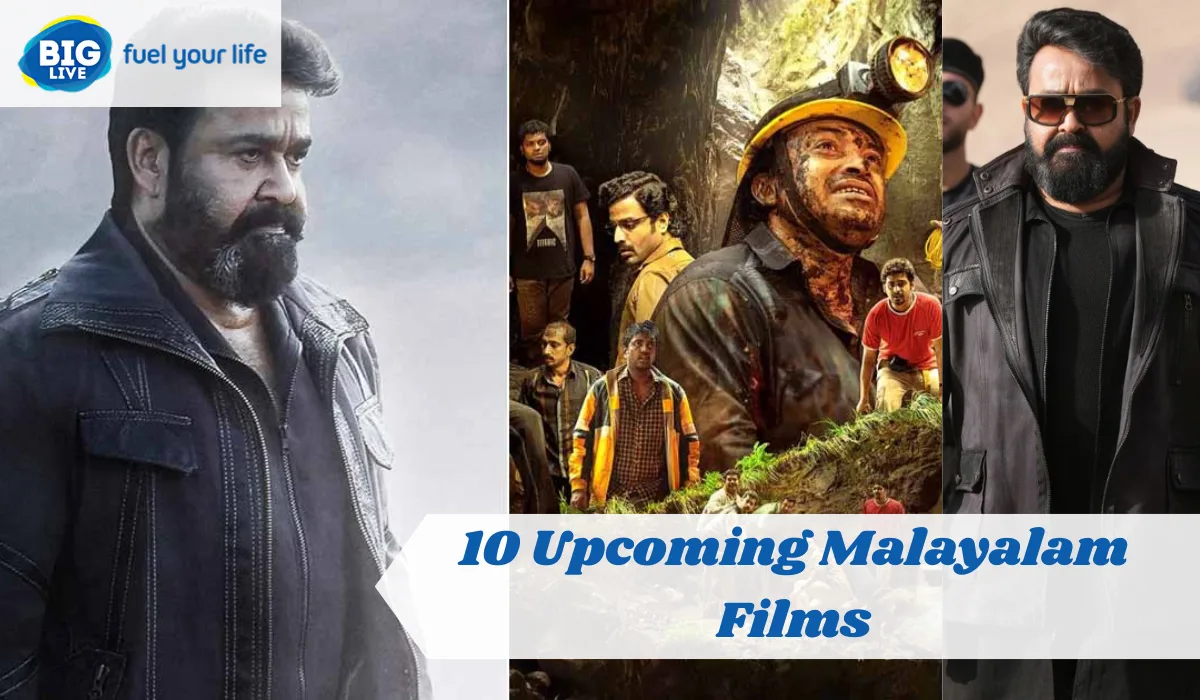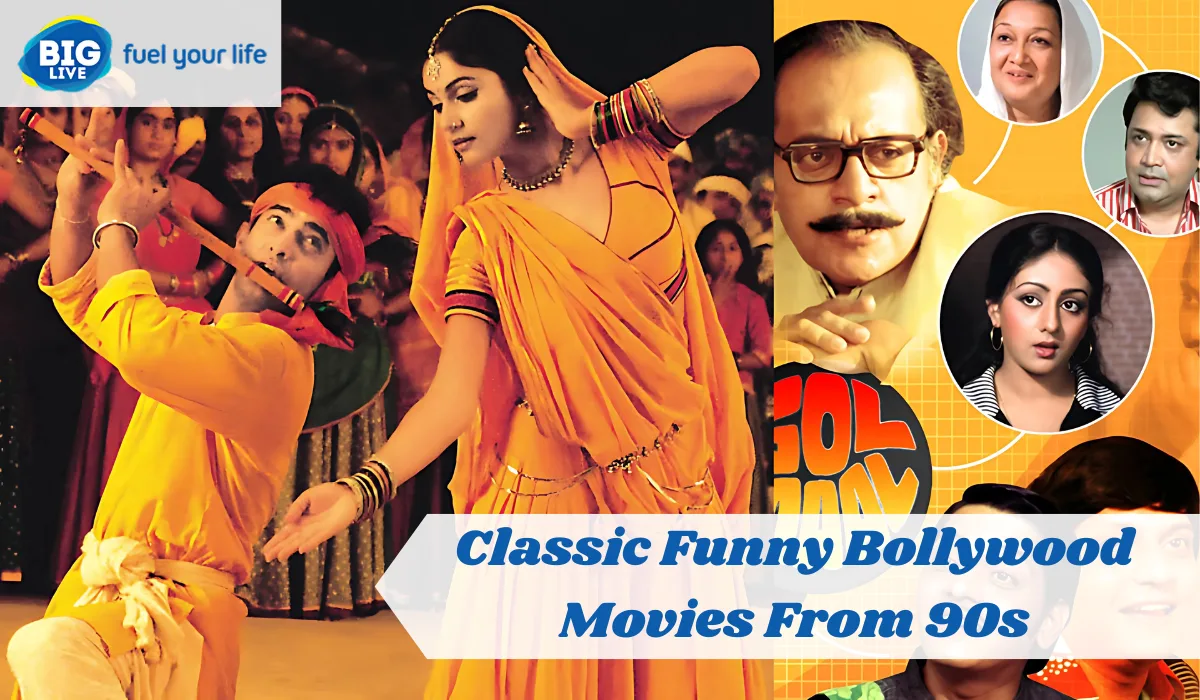There used to be a rhythm to weekends in Kerala—grab a ticket, rush to the cinema, maybe stand in line for a while. Loud laughter, shared gasps, and that huge screen lighting up a room full of strangers. It felt like an event. But those days? Kinda quiet now. OTT came in—not with a storm, but with a steady knock—and stayed. What started as convenience slowly turned into a complete shift. Malayali audiences, once loyal to theatres, are now embracing screens that fit in their hands. It's not just about where they watch. It's about how and what they choose to watch now. Things have changed, quietly but completely.
People Watch Different Now—And That’s the Point
Earlier, movies happened at fixed times. You planned around the show. Bought tickets in advance, called friends, maybe took a bus across town. It was a plan. Now? You watch when you want. Could be midnight. Could be over lunch. Doesn’t matter. OTT makes the rules disappear.
Someone in Kannur might finish a series while ironing clothes. Another in Kochi might pause a film halfway and come back two days later. No ushers. No intervals. No one shushing you. OTT gives full control. And that’s something Malayalis didn’t even know they needed.
It also means viewers now notice the smaller things—an actor’s expression, a tiny plot twist. The more you watch alone the more you see content. That quiet, private experience has changed what people enjoy.
No Filters, No Fear—Real Stories Finally Breathe
OTT didn’t just change where people watch. It changed what gets made. Let’s be honest—some stories were too risky for theatre. Too raw. Too real. Maybe too uncomfortable. But now, those stories have found a home.
Topics like gender identity, silent abuse, personal trauma—these were once avoided by big studios. Now? They’re leading the charts. People don’t just want entertainment. They want connection. Malayali viewers, with their long love for literature and realism, are naturally drawn to this.
Films like “The Great Indian Kitchen” didn’t just entertain—they started conversations. That’s the power of OTT. It’s more than a screen—it’s a space. A space where honest stories are finally being told. And the audience is listening.
Read also: Malayalam Movies That Broke the Internet in 2025
Unknown Faces, Small Budgets, Strong Stories
If there’s one thing OTT did really well, it’s breaking the monopoly of big names. Earlier, no Mammootty or Mohanlal? Good luck getting theatre space. Now, a film made with a phone camera and no big stars can go viral if it hits the right chord.
Young creators from villages, first-time directors, stage actors—suddenly, everyone has a shot. And these people? They’re not chasing formulas. They tell stories they’ve lived. Dialogues sound real. Settings aren’t sets—they’re homes, tea stalls, temples.
This rawness, this honesty, it clicks. And the Malayali audience, known to appreciate depth over glamour, is welcoming it. There’s a hunger for content that feels like real life. OTT has become that open stage for all kinds of creators. No permission needed. No gatekeepers. Just the story and the viewer.
Theatres Still Exist—Just with New Rules
Let’s clear this up—cinema halls in Kerala aren’t dead. They’re just no longer the only place for films. When there’s a massive release, fans still show up. Cut-outs, celebrations, the whole deal. But that’s not every film anymore. Now, viewers pick their screen based on the story.
Something visually rich, action-heavy? That’s for the theatre. A character drama, a slow thriller? That’s best on the couch, with tea in hand. During COVID, OTT filled the gap. But after that, people didn’t just go back to old habits. They built new ones.
Watching alone, bingeing, pausing to think—all that stuck. The theatre has become a part-time experience. OTT is the new regular. This mix actually works. It gives freedom. A person watches a mass movie in a packed hall on Sunday and then a quiet indie film on Monday night at home. Why not?
A Digital Future—but Keep the Soul
Malayali content is being selected by Platforms. They know the audience is mature, the creators are bold, and the stories—well, they’ve got soul. That’s good. In trying to appeal to bigger audiences, there’s always a risk of losing the original voice. The rawness that makes Malayalam films special.
That honesty? It shouldn’t be replaced with shiny packaging. Malayali storytelling has always been different. No shouting. No spoon-feeding. Just quiet depth. OTT should help that grow, not make it look like every other film industry out there.
Read also: Empuraan Review Mohanlals Return as Khureshi Abraam Is Bigger Bolder
Heart still remains same
Kerala still loves cinema. That hasn’t changed. What’s changed is how people experience it. The excitement of Friday releases? It’s still there. But now it’s followed by “Is it on OTT yet?” The claps in theatres may have softened, but the engagement online? It’s louder than ever. People rewind scenes.
They share clips. They talk about character arcs on social media. Cinema has become interactive. Not just watched—but lived. OTT didn’t kill the old culture. It just added another layer. Now, films aren’t just big events—they’re everyday companions. Stories are no longer limited by screen size or star value.
They travel, they connect, they stay. And as long as Malayalis crave for stories, whether it is watched in halls or the quiet glow of a phone, cinema will keep evolving. Because at the end of the day, it’s not about the screen—it’s about the soul behind it.


